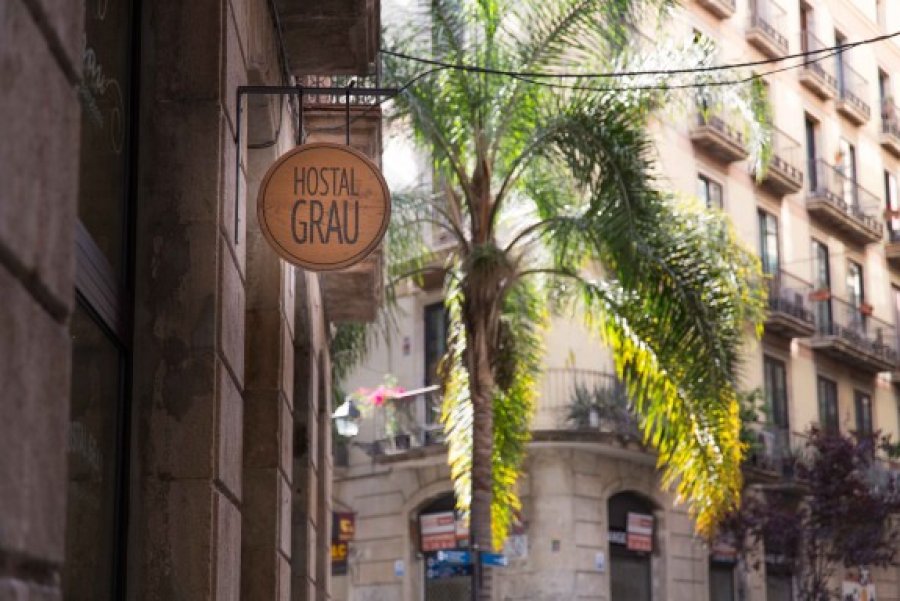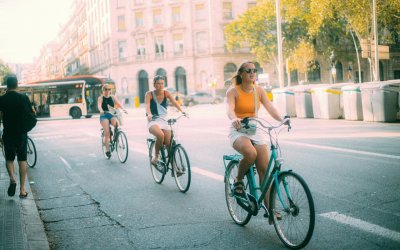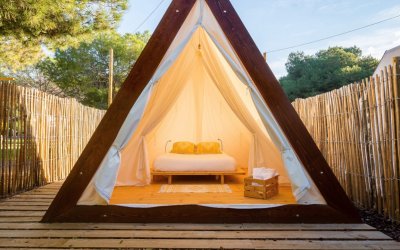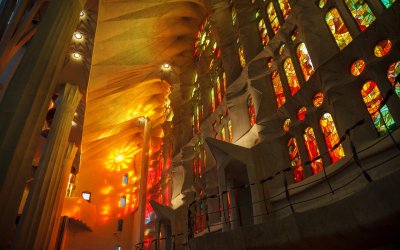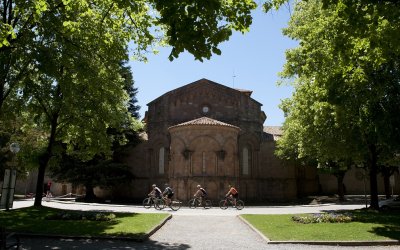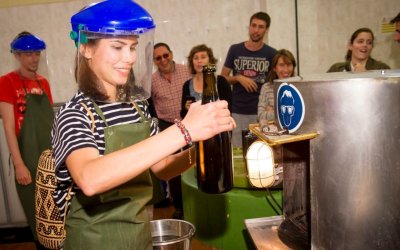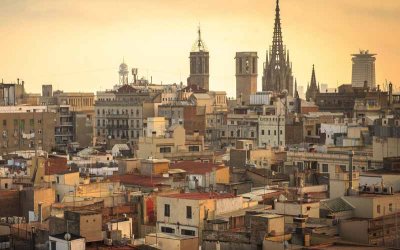A small boutique hotel in Barcelona works with its guests to further the three areas of responsible management: social, environmental and economic.
Located on the north side of Barcelona’s Raval neighbourhood, Hostal Grau first embraced the social side of sustainability with a project they call the social impact room.
This initiative gives guests the chance to participate in a raffle, and if they win, the profits from their booking will go entirely to an organisation that works to support the social integration of homeless people.
The project, Homeless Entrepreneur, seeks to empower people financially and reduce poverty through work, civic action and public-private collaboration so that the quality of life of people experiencing social exclusion can improve.
In addition to donating its profits, Hostal Grau also offers winning guests the opportunity to participate more actively in the initiative. If they want, they can meet the project creators to share their interests and create all kinds of synergies.
In relation to social issues as well, Hostal Grau seeks to make its facilities completely accessible for people with mobility problems. It has adapted a flat for wheelchair users to make it completely functional
and is careful to avoid issues often found in partially adapted spaces, such as guests not being able to get to the bar or access the kitchen. This commitment to inclusive tourism has already paid off, with the arrival of more guests who are part of the groups that the initiative seeks to accommodate.
Sustainable yet original at the same time
Hostal Grau wanted to take a different approach to the environmental side of things. Instead of the traditional ‘Do not disturb’ signs, they provide a macramé tree made by local artisans and tell guests that if they hang up the tree, indicating that they don’t want their room made up, the hotel will donate one euro from the resulting savings to reforestation projects.
This initiative has led to a tree farm in Soria and is very popular among guests, who see their hallway full of macramé trees and end up joining this wave of awareness-raising.
Finally, economic sustainability is covered by supporting local suppliers, creating a network of nearby partners. One is the ‘No em dona la gana’ cooperative, a project that provides jobs for women who have suffered from gender violence. They carry out the whole process, from harvesting to making the jam and distributing it, which has a major impact on these women’s financial independence.
The three sides of sustainability at this small hotel show that where there’s a will, there’s a way to implement more responsible management.
